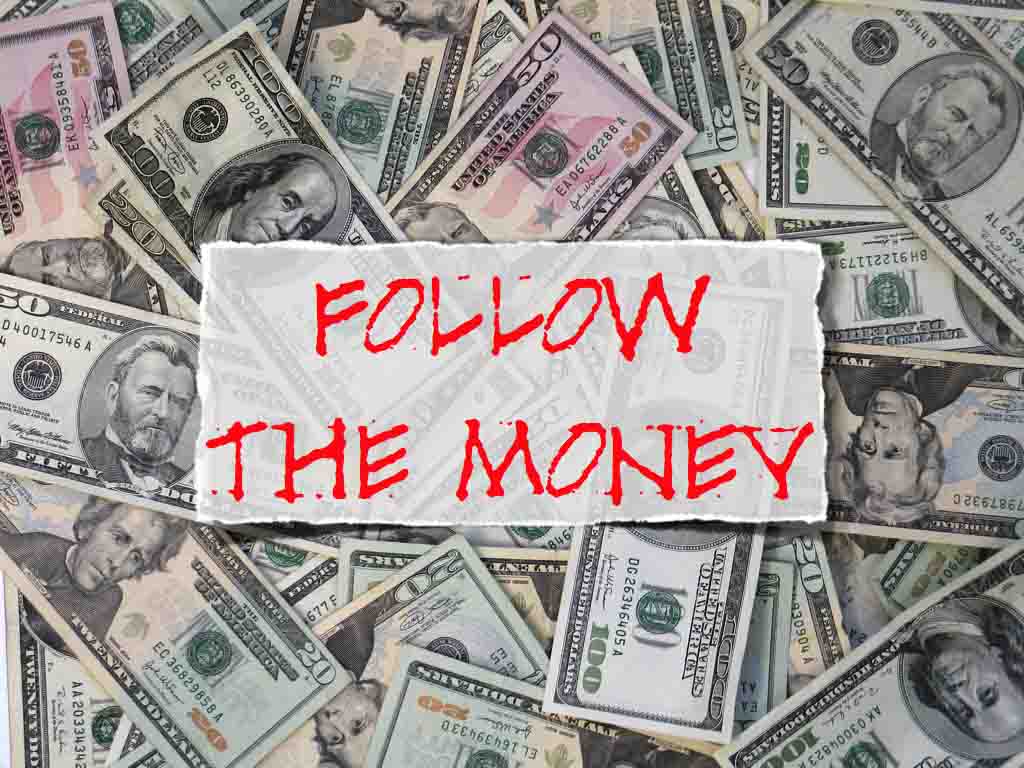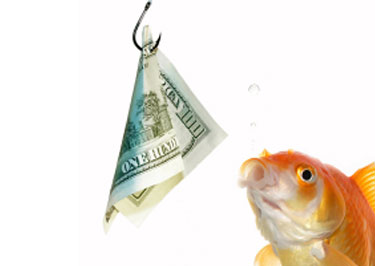The Most Brilliant or Evil Invention of Mankind
Wisdom-Square › Follow The Money › The Most Brilliant or Evil Invention of MankindImagine this: you’re at the point in your life when you’re finally ready to buy a house! This day has been in your mind almost your whole life growing up and it’s finally here. In order to get your new home, you must receive a loan from the bank. While you’re at it you begin to fill your new home with furniture and other items, but unfortunate your job isn’t currently paying you as much as you need it to afford everything. So you’re forced to charge one item to your credit card with plans of paying it back soon, and then another, and another. Pretty soon, you realize there’s no way you can pay off all your credit card debt, the loan on your home, property tax, utility bills, and a car note to top it all off. You inadvertently dug yourself into a hole without realizing it. This story probably sounds a lot more common and realistic to you then it should be, right?
Why is it that the average interest rate for a loan from the bank that a person will receive (whether it’s a personal loan or for a car or whatever) will be anywhere from 6% - 10% (around 14% will start to be considered high). For a credit card the current average interest rate in general is around 14%-18%.
Now what is the average interest rate for a savings account? Think somewhere between .15% - 1.5%. Mind you this article is written in 2012, so these numbers are sure to change. But I think you’re able to see something wrong just by looking at these numbers. Why is it that there is such a huge difference, and yet it’s the same bank that determines these interest rates for us. Is this fair, does it even make sense in the grand scheme of things… or has this all just happened so slowly over time that we never cared to realize what was going on?
 |
 |
There is only one way a bank is able to make money, by
making debt-loans. Debt = Money for a bank. The more loans the banks make, the
more money the banks make. Ever wonder why the number target audience for
credit card companies to advertise to is college students? Most people while in
college aren't making that much money, since their time is taken up by their classes.
If banks know that these people will have the hardest time making payments at
this point in their lives, why are they so heavily targeted by credit card
companies? Just a thought to consider, it never hurts to ask a question wouldn't you agree? It doesn't seem to me to be all that responsible… but maybe I’m
wrong.
Offering money to people that don’t even need it is the biggest problem. The
majority of people that own a credit card are like this. Imagine your life if
you never had a credit card, if you didn't have one you would still be able to
survive correct? I’m sure there’s been times when it came in handy to maybe buy
groceries, something essential like that, but can you honestly say that you've only used your credit card for essential things like food? Most people end up
in worst situations then they started in when owning a credit card. We would
have enough money if we only bought essential things, it’s when we buy things
we don’t need and have to pay insane interests rates on it that kills most of
us.
Banks realized they would make a ton more money giving out credit cards, promoting it as “free money” for your everyday purchases, than giving out loans for only major purchases. It was either the most brilliant or most evil invention of mankind. The result is that far more people suffer from credit cards than benefit from them in the long run. Just think about that sentence for a second, would you agree? Of course, if people are responsible using them (most likely when they aren't attending college) then there’s no problem… but then there also wouldn't be as much of a profit for the banks. Both sides can’t win in this situation.
Are you ready to follow the money trail even deeper now? It gets much worst believe it or not, so if you’re ready to learn the rest of this story please click here.
Wisdom-Square › Follow The Money › The Most Brilliant or Evil Invention of Mankind




